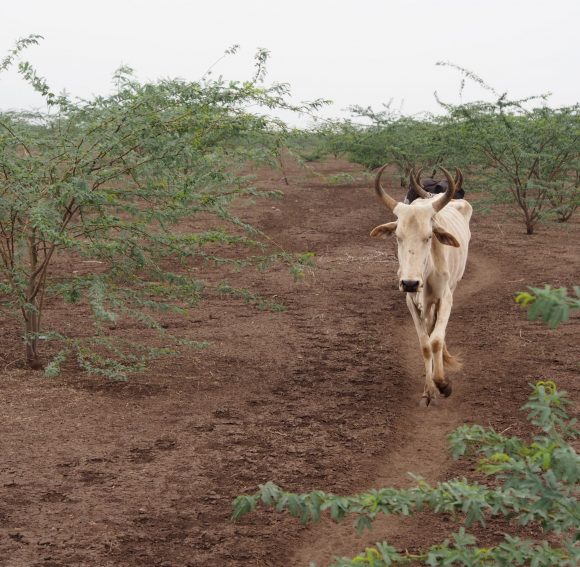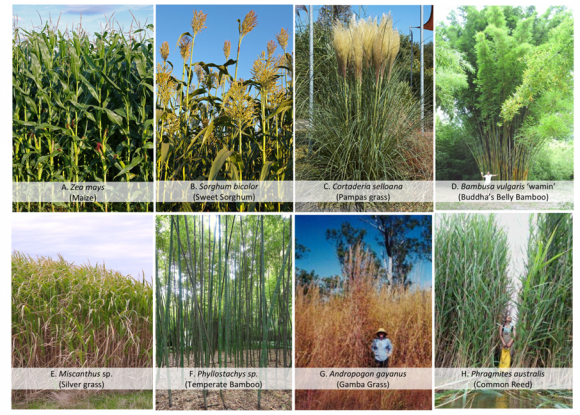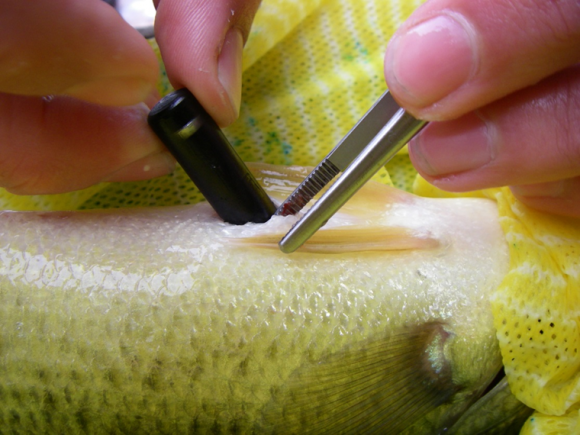17 February 2015 | By Vernon Visser
Polyploidization, the process whereby an organism receives two whole copies of its parents’ genomes (instead of half of each parents’ genome), is very common among plants and is thought to be an important mechanism for creating new species (polyploids). Arguably the most important change brought about by polyploidization from an ecological perspective is an increase in genetic diversity, but other changes also occur during the process. These changes are predicted to have physiological and ultimately ecological effects on the new species. Polyploids are predicted to live in a greater range of environments, more extreme environments, and in environments different to that of their parental species.
Using the globally cosmopolitan (found across all or most of the world in appropriate habitat) grass genus Phalaris, C·I·B postdoc, Vernon Visser, and Jane Molofsky (University of Vermont) tested whether some of the predicted ecological effects of polyploidization held true. This genus includes reed canarygrass (P. arundinacea), a major invader in North American wetlands and the cereal used for birdseed, canary grass (P. canariensis).
Despite investigating the highest number of environmental variables of any study to date, this study found very little support for any of the predicted effects of polyploidization. The authors suggested that a number of factors other than polyploidization are likely playing equally important roles in shaping the ecologies of polyploid species. For example, in the case of Phalaris, the group originated in dry Mediterranean climates, but some polyploid species have gradually moved into wetter habitats such as wetlands and riparian areas. This is counter to the prediction that they should inhabit more stressful habitats. This suggests that understanding the ancestry and evolution of a species is just as important as knowing whether a species is polyploid or not.
It does not take much imagination to think how these predicted ecological effects of polyploidization might be important for aiding alien species to establish and eventually become invasive in their alien ranges. Previous research has already shown a strong correlation between polyploidy and invasiveness. This study therefore provides useful insight for both ecologists and invasion biologists.



